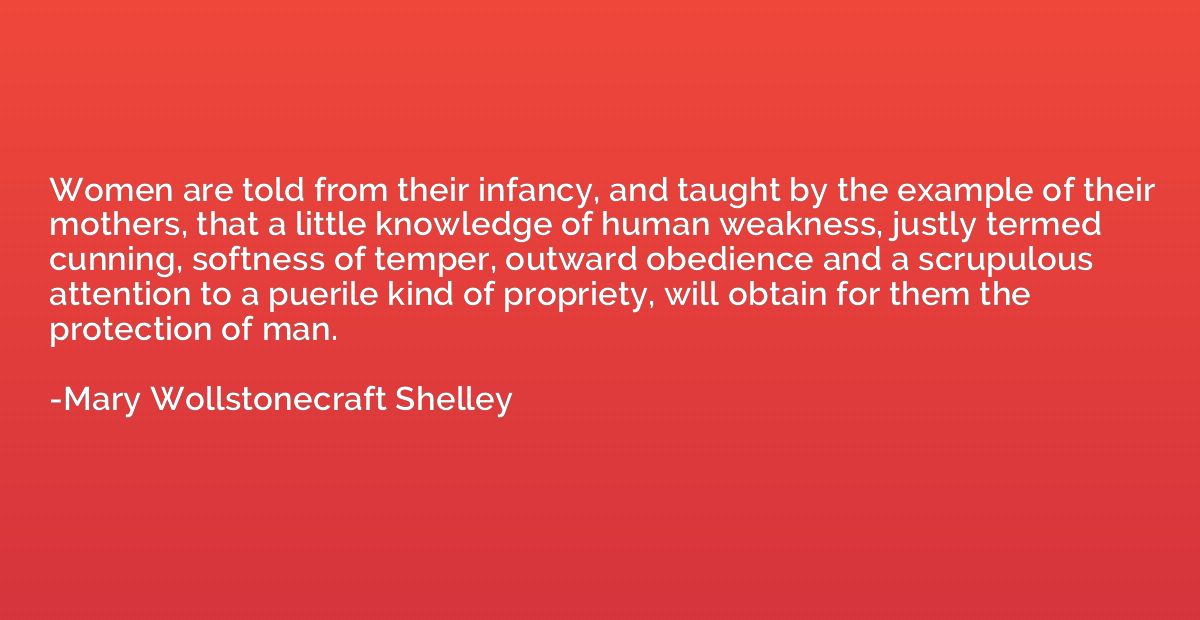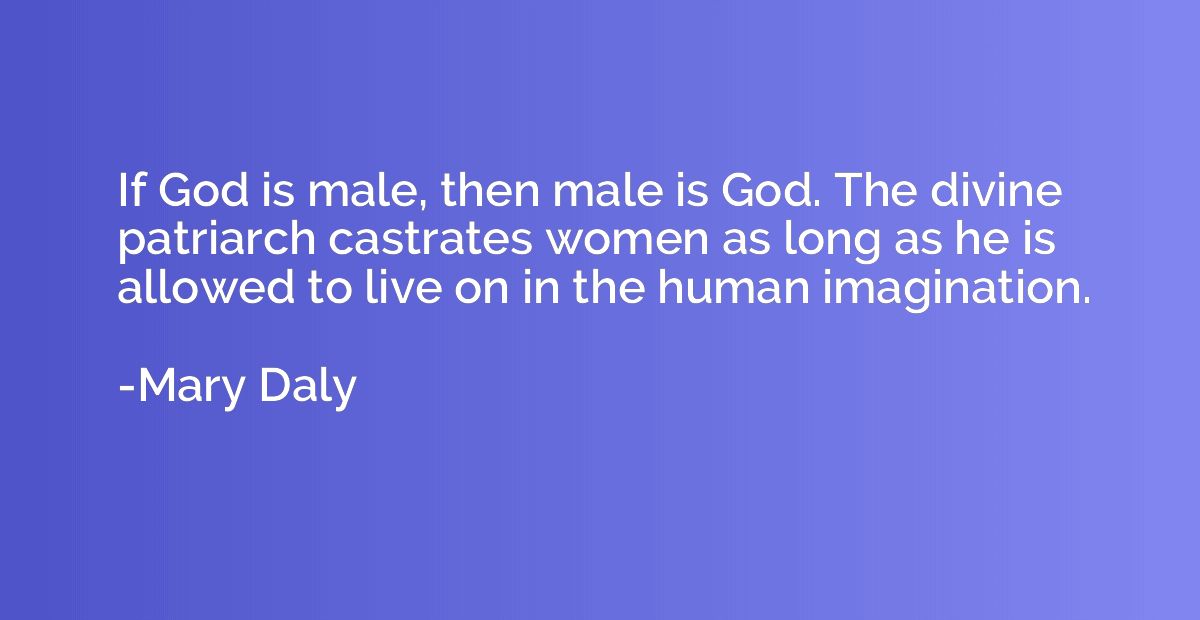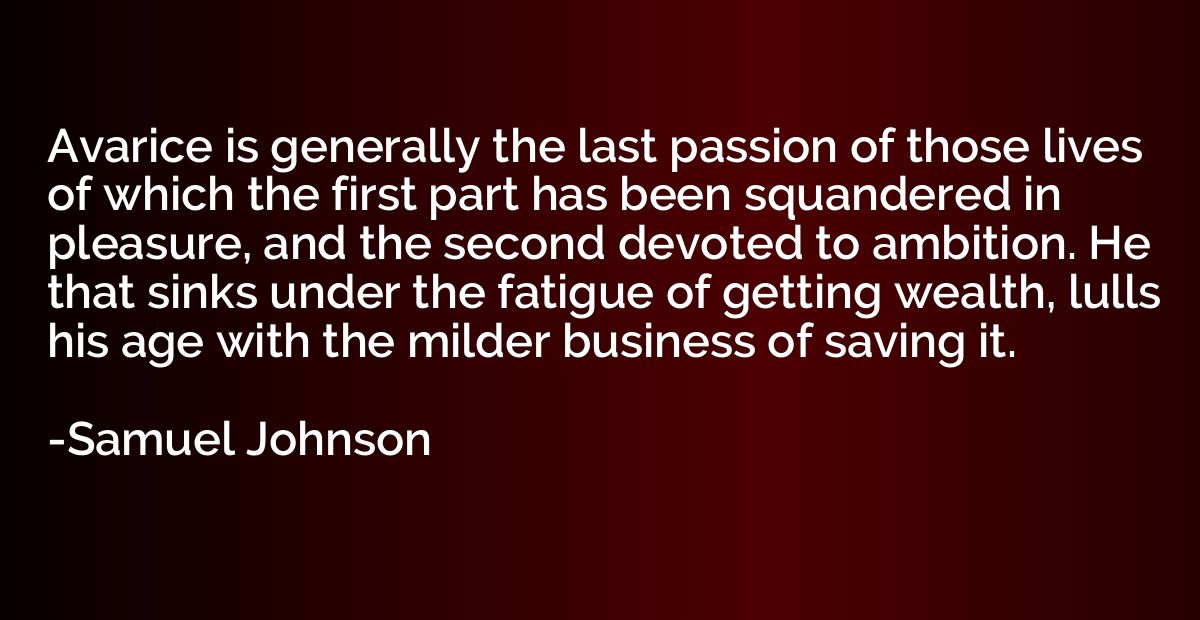Quote by Mary Wollstonecraft Shelley
Women are told from their infancy, and taught by the example of their mothers, that a little knowledge of human weakness, justly termed cunning, softness of temper, outward obedience and a scrupulous attention to a puerile kind of propriety, will obtain for them the protection of man.

Summary
This quote suggests that women are socialized from a young age to believe that in order to gain the protection and support of men, they must possess qualities such as a limited understanding of human weaknesses, manipulative behavior, submissiveness, and adherence to trivial standards of conduct. It implies that women are conditioned to rely on these attributes to navigate the patriarchal world, emphasizing the societal expectation that women should prioritize pleasing and appeasing men to ensure their safety and well-being.














